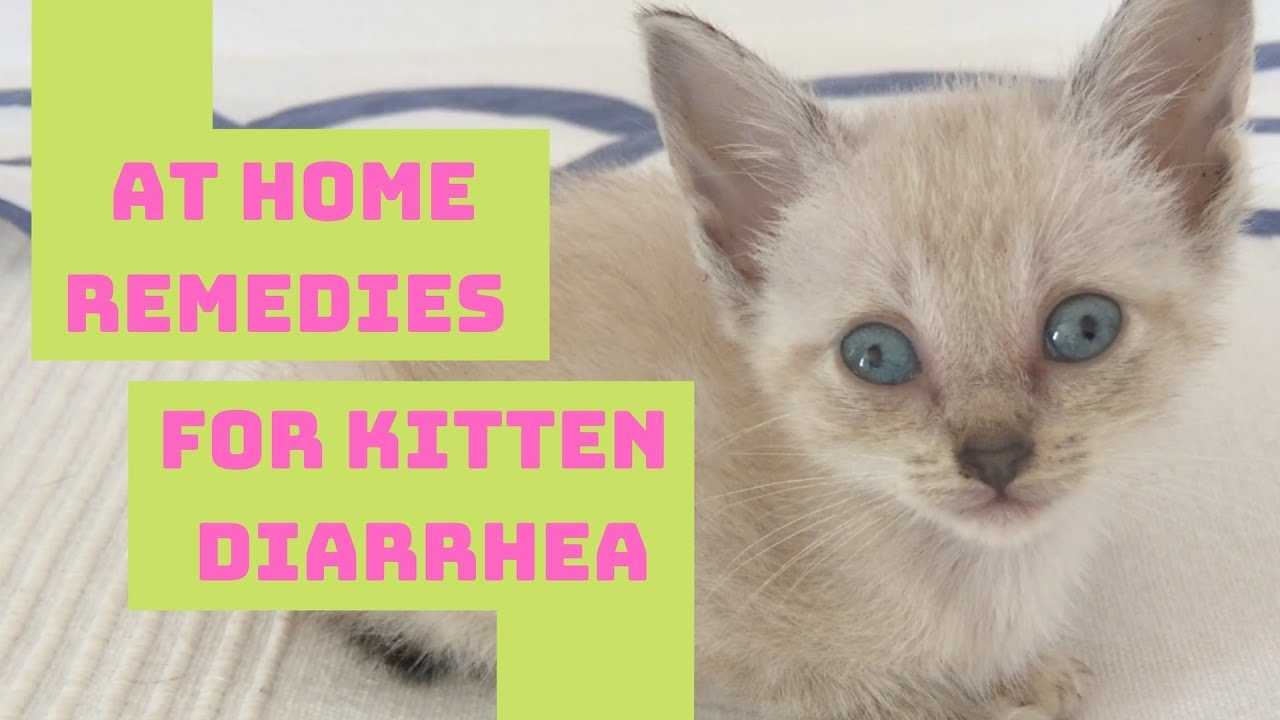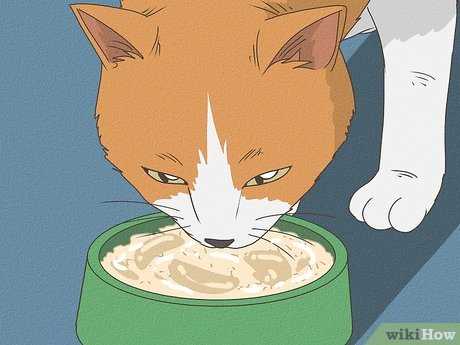



In times of an upset stomach, incorporating a bland diet can be beneficial. Options like boiled chicken without skin or white rice are gentle on the tummy and can assist in firming up loose stools. Gradually introducing these foods can ease discomfort and restore balance.
Probiotics play a significant role in promoting gut health. Specific formulations designed for felines can help reestablish beneficial bacteria in the digestive tract. Look for products containing strains like Lactobacillus or Bifidobacterium, which can aid in recovery.
Hydration is crucial during this period. Ensure fresh water is available at all times, as staying hydrated supports overall health. In some cases, low-sodium chicken broth can encourage drinking and provide additional nutrients.
Monitoring food intake is essential. Reducing portions and offering meals more frequently can aid in digestion. Avoiding fatty foods or sudden dietary changes is important to prevent further upset.
If symptoms persist beyond 24 hours or are accompanied by other concerning signs, consulting a veterinarian becomes necessary. They can provide tailored advice and treatment options to ensure well-being.
What Can I Offer My Feline Friend for Digestive Issues
To ease the discomfort caused by loose stools, consider providing plain canned pumpkin. This natural source of fiber helps firm up the stool and supports digestive health.
Another beneficial option is boiled chicken without skin or seasoning. This easily digestible protein can soothe an upset stomach.
Additional Remedies

- Plain yogurt contains probiotics that may restore gut flora.
- Rice can be offered as a bland carbohydrate to help bind the stool.
- Bone broth is nourishing and hydrating, which aids in recovery.
Hydration Matters
Ensure plenty of fresh water is available to prevent dehydration. Electrolyte solutions designed for pets can also be beneficial.
Monitor your furry companion closely. If symptoms persist for more than a day or worsen, consult a veterinarian for advice tailored to your pet’s specific needs.
Understanding the Causes of Diarrhea in Cats
Dietary changes can trigger an upset stomach. If my meals suddenly switch from dry kibble to wet food or a new brand, it might lead to loose stools. Additionally, ingesting spoiled food or foreign objects contributes to digestive disturbances.
Infections, whether viral or bacterial, pose a risk. These intruders disrupt the balance in my gut, causing frequent trips to the litter box. Parasites like worms are another culprit; they feast on nutrients, leading to gastrointestinal issues.
Stress plays a significant role too. A new environment, unfamiliar sounds, or changes in routine can upset my sensitive system. It’s essential for my humans to recognize these triggers and provide a calm atmosphere.
Underlying health issues, such as kidney disease or inflammatory bowel disease, might also be at play. Regular vet check-ups ensure any serious conditions are identified early. Keeping my health monitored is key to preventing complications.
Medications can influence my digestive health. Some treatments may provoke an upset stomach, leading to more frequent bathroom visits. Always consult a vet before introducing any new medication.
Safe Dietary Options for Cats with Diarrhea
Boiled chicken is a great choice for soothing upset tummies. Remove the skin and bones, then shred it into small pieces. This lean protein is easy to digest and provides necessary nutrients without irritating the stomach.
Plain, canned pumpkin (not the spiced pie filling) can also aid digestion. Its fiber content helps firm up loose stools. A small spoonful mixed into the main meal works wonders.
Rice or Potato
Cooked white rice or mashed potatoes can serve as a bland carbohydrate source. These options are gentle on the digestive system and can help bind the stool. Mix them with protein for a balanced meal.
Probiotics
Probiotic supplements are beneficial for restoring gut flora. Look for formulations specifically designed for felines. Consult a veterinarian for proper dosage recommendations.
Hydration is crucial during this time. Encourage drinking by offering fresh water or low-sodium chicken broth. Keeping the body hydrated supports recovery.
Always transition back to regular food gradually, monitoring for any signs of discomfort or recurrence. If issues persist, a veterinary consultation is necessary.
Hydration Solutions for Cats Experiencing Diarrhea

Electrolyte solutions designed for pets are a good option. Brands like Pedialyte provide hydration and replenish lost minerals. Always choose unflavored varieties to avoid harmful additives. Consult your vet for the appropriate dosage based on my weight.
Fresh water should be available at all times. Encourage drinking by using a pet fountain or adding water to food. Some of my feline friends enjoy broth made from boiling chicken or beef without seasoning. This can entice them to hydrate.
Monitor for signs of dehydration, such as dry gums, lethargy, or reduced skin elasticity. If any of these symptoms appear, immediate veterinary attention is necessary.
Consider using canned food with high moisture content. This can provide additional hydration alongside solid nourishment. Look for options containing minimal ingredients to avoid further digestive upset.
Adding a small amount of pumpkin puree can aid digestion while also providing some moisture. Ensure it’s plain, with no added sugars or spices. This can be mixed into meals to enhance hydration and fiber intake.
Probiotics and Supplements for Digestive Health
Adding probiotics to the diet can significantly improve digestive function. These beneficial microorganisms enhance gut flora balance, which is crucial during digestive distress. Look for high-quality formulations specifically designed for felines. A good option is to explore a probiotic for cats with diarrhea.
Types of Probiotics
Two common strains to consider are:
| Probiotic Strain | Benefits |
|---|---|
| Enterococcus faecium | Supports intestinal health and reduces symptoms of gastrointestinal disturbances. |
| Lactobacillus acidophilus | Helps restore gut flora balance and aids in digestion. |
Supplement Options
In addition to probiotics, certain supplements can support overall digestive wellness:
- Digestive enzymes to aid food breakdown.
- Psyllium husk for natural fiber that can help firm stools.
- Fish oil for omega-3 fatty acids, promoting gut health.
Always consult a veterinarian before introducing new products to ensure they’re appropriate for your furry friend.
When to Consult a Veterinarian for Diarrhea
Seek veterinary advice immediately if symptoms persist beyond 24 hours. Rapid hydration loss can threaten health, leading to dehydration. Watch for additional signs such as blood in stool, vomiting, or lethargy. These indicate a more serious issue requiring prompt professional intervention.
For kittens, any diarrhea warrants urgent attention due to their vulnerability. If there’s a sudden change in behavior, or if your furry friend displays signs of pain or discomfort, don’t hesitate to reach out to a vet.
Monitor dietary changes or new treats. If recent additions coincide with gastrointestinal upset, it’s crucial to consult a veterinarian to avoid further complications.
In cases of diarrhea accompanied by fever or unusual behavior, swift action is necessary. Professionals can determine the underlying cause and suggest appropriate treatment. Always trust your instincts; if something feels off, it’s better to be safe than sorry.
Lastly, remember that some health products, while beneficial for humans, may not suit pets. For instance, while researching suitable tools for your furry friend, you might stumble upon best quietest air compressors for home use, but ensure everything aligns with your pet’s health needs.









